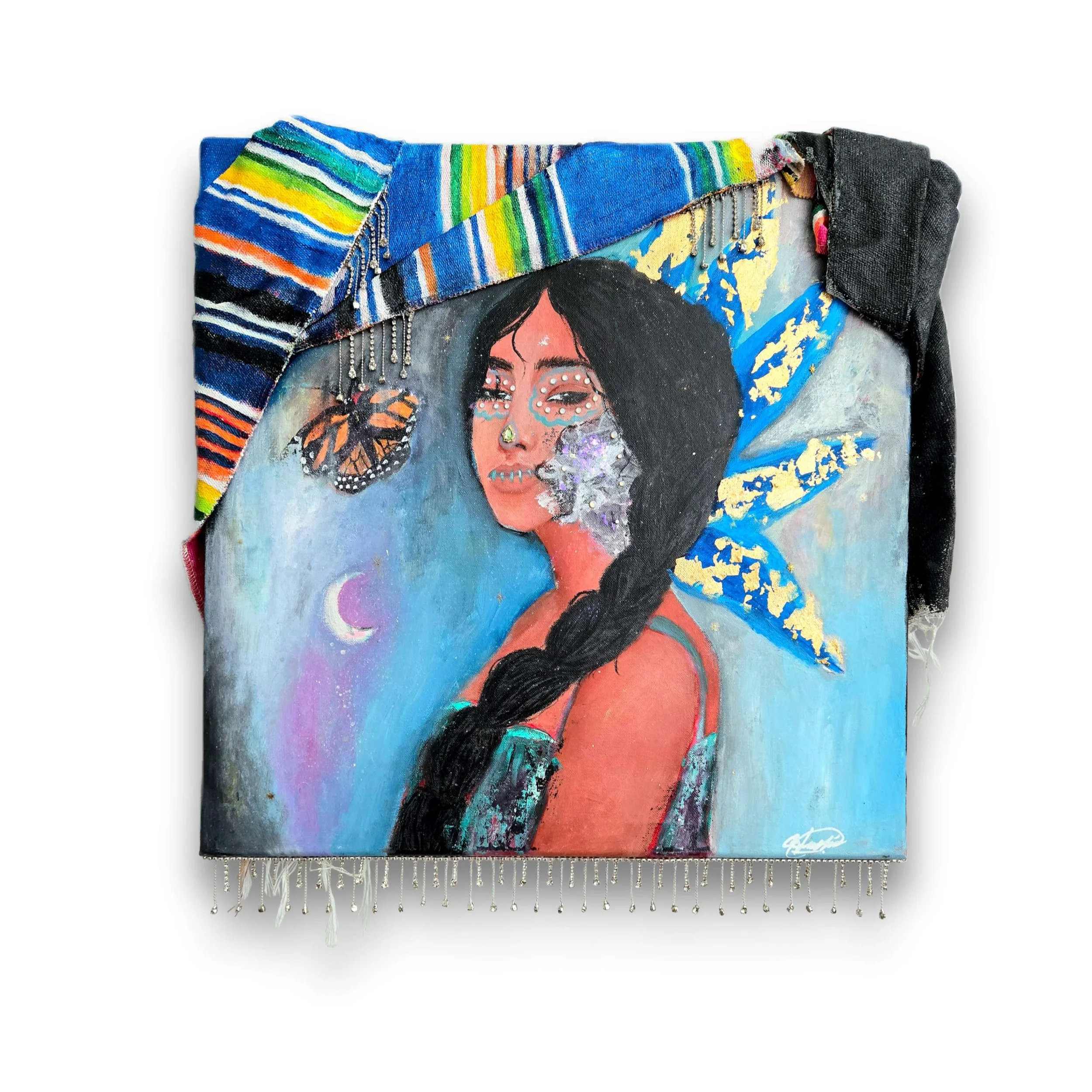Indigenous Not Immigrant
The Indigenous Not Immigrant movement seeks to reframe the identity of Mexicans and Chicanos as inherently native to the Americas, challenging the pervasive narrative that positions them as outsiders or immigrants. This perspective emphasizes that the land we now call the United States has been home to Indigenous peoples for millennia and that many Mexicans are descendants of these original inhabitants. Despite this, the current socio-political climate often depicts Mexican individuals as "illegal" or unwelcome, particularly in the face of harsh immigration policies and rhetoric from government officials.
One significant hardship faced by many Mexicans is the fear and anxiety stemming from aggressive immigration enforcement. Under the guise of national security, policies aimed at deporting undocumented individuals have an often-overlooked collateral effect: they instill a pervasive atmosphere of fear among all Mexican communities, even those with naturalized citizens. For instance, the threat of deportation looms large over families, creating situations where extended family members—who may have lived in the U.S. for generations—are suddenly regarded as targets for removal.
This situation is not just a political issue; it impacts the daily lives of many, including my own family. As a first-generation Mexican-American, I have witnessed firsthand the trauma my mother is reliving that she endured when she immigrated to the United States as an infant. Growing up, she carried the weight of her experiences—living in constant fear of being discovered, hiding from ICE. Her stories serve as a powerful reminder of the painful legacy of migration and the unjust treatment faced by our communities.
The irony of labeling Mexicans as immigrants is stark. Despite being Indigenous to this land, we are treated as though we are outsiders or intruders. In contrast, the history of European settlers—who colonized the land, displaced Native peoples, and led to the loss of countless cultures—is often glossed over. This narrative not only erases the contributions of Mexicans to the fabric of America but also questions our rights to exist here, in stark contrast to the settlers who laid claim to land that was not theirs to take.
Moreover, the challenge extends beyond individual experiences. Families like mine face the consequences of discriminatory laws and policies that not only strip away legal protections but also fracture our communities. When one member of a family is at risk of deportation, the entire family feels the impact—relationships become strained, economic stability falters, and mental health deteriorates under the stress of uncertainty.
The Indigenous Not Immigrant movement is crucial in reclaiming our" narratives and asserting" our rightful place in this land. It urges a shift in perspective, advocating for acknowledgment of our Indigenous roots and the injustices faced. By uniting in this case, we challenge the misconceptions that have long been perpetuated and work towards a future where all people of this land are recognized for their heritage, dignity, and contributions, regardless of their immigration status. It is a fight not just for ourselves but for future generations, ensuring that all communities can thrive without fear of persecution or erasure.

